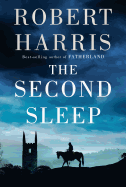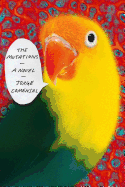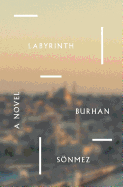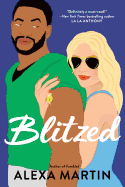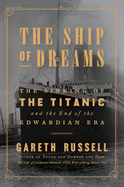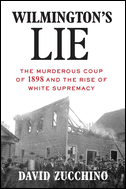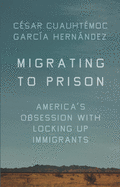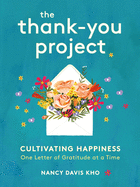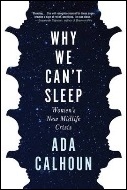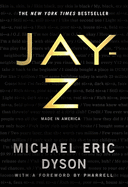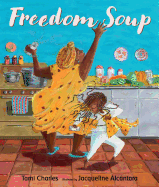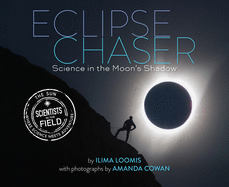Forgotten History
HBO's adaption/remix of the landmark comic book series Watchmen by Alan Moore and Dave Gibbons (DC Comics, $24.99) opened with a dramatization of a real-life tragedy: the 1921 Tulsa massacre, in which mobs of white residents attacked what was known as "Black Wall Street," killing perhaps several hundred black residents. It was a striking way to start a TV series, in part because many viewers had never heard of the massacre.
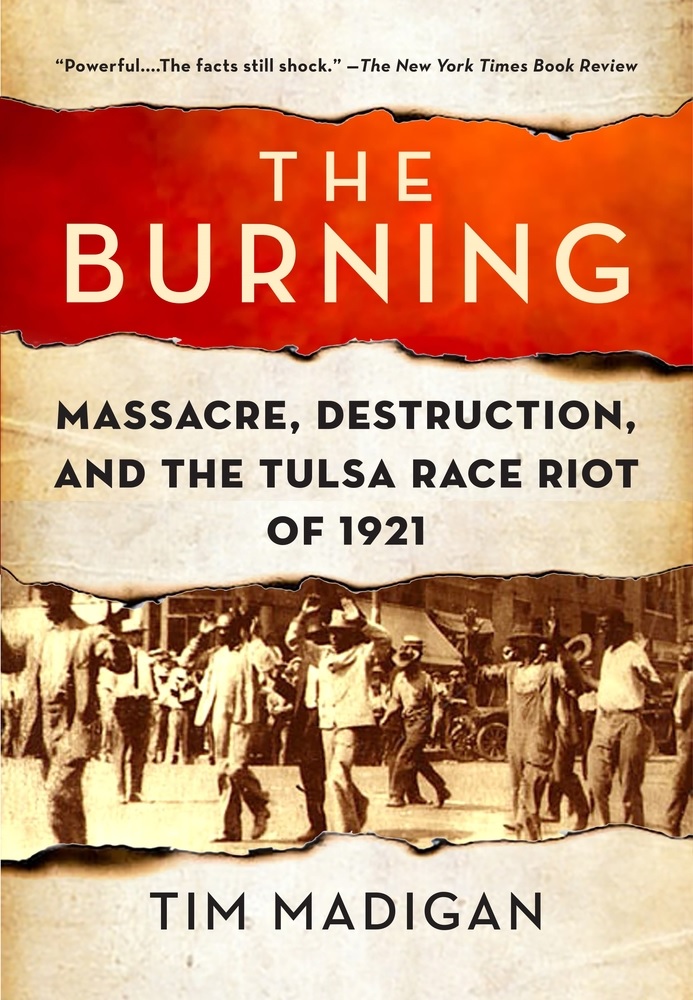 For viewers interested in learning more, The Burning by Tim Madigan (St. Martin's Griffin, $23.99) covers not only the events themselves, but the remarkable silence that followed as the massacre became unmentionable, not least in history books. The shocked reactions all over social media after the Watchmen episode aired reminded me of how well what Madigan calls a "conspiracy of silence" can succeed.
For viewers interested in learning more, The Burning by Tim Madigan (St. Martin's Griffin, $23.99) covers not only the events themselves, but the remarkable silence that followed as the massacre became unmentionable, not least in history books. The shocked reactions all over social media after the Watchmen episode aired reminded me of how well what Madigan calls a "conspiracy of silence" can succeed.
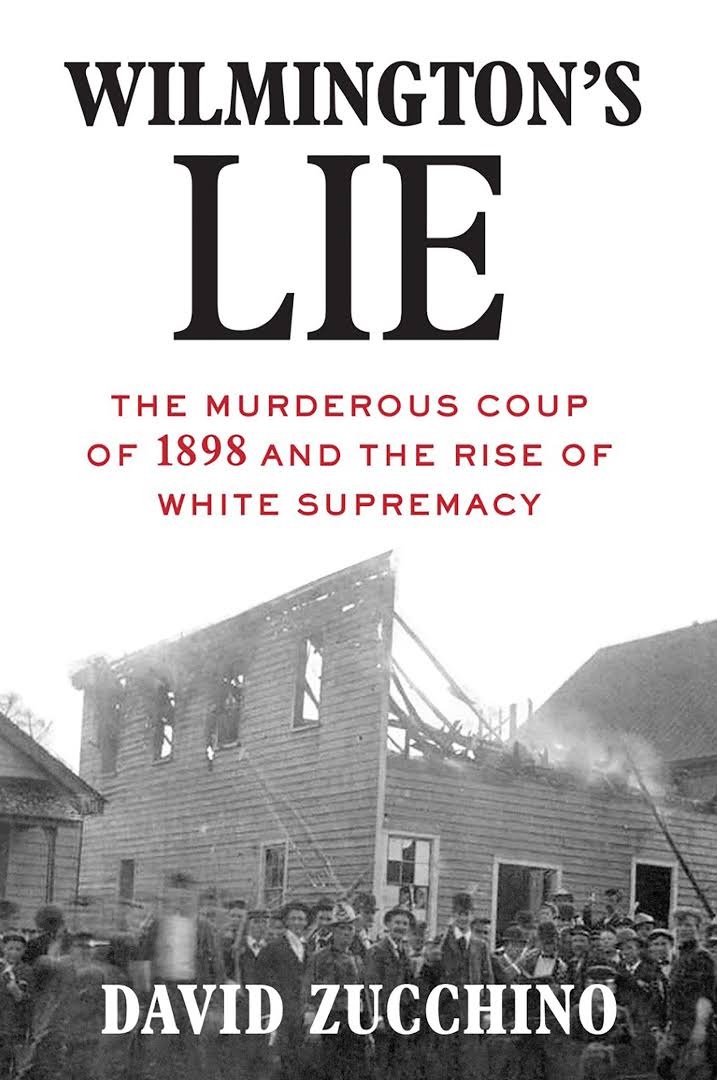 I had never heard of the Wilmington, N.C., coup of 1898 until I was in college, even though I grew up a few hours' drive from there--not in textbooks or history classes, despite it being the only violent overthrow of an elected government in U.S. history, and more than 60 black men were killed in the attendant riot. David Zucchino's Wilmington's Lie (Atlantic Monthly Press, $28; reviewed below) sheds light on an event that was so successfully buried, I imagine it would elicit a similar chorus of shock if it were depicted on a popular television series.
I had never heard of the Wilmington, N.C., coup of 1898 until I was in college, even though I grew up a few hours' drive from there--not in textbooks or history classes, despite it being the only violent overthrow of an elected government in U.S. history, and more than 60 black men were killed in the attendant riot. David Zucchino's Wilmington's Lie (Atlantic Monthly Press, $28; reviewed below) sheds light on an event that was so successfully buried, I imagine it would elicit a similar chorus of shock if it were depicted on a popular television series.
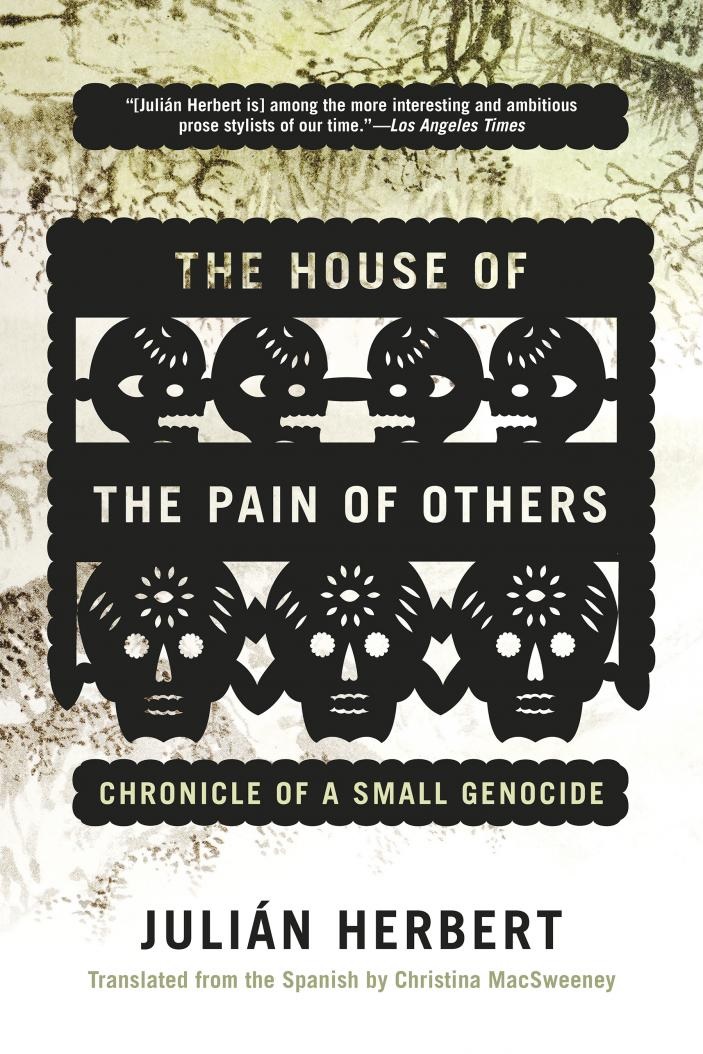 How does "inconvenient" history disappear? Julián Herbert explores that question in a different context in The House of the Pain of Others (Graywolf, $16), which probes the historical amnesia around the 1911 massacre of more than 300 Chinese immigrants in the Mexican city of Torreón. Herbert's findings similarly speak to the way alternative narratives develop to assuage any hint of collective or ancestral guilt, or merely to avoid looking at the ugly truth.
How does "inconvenient" history disappear? Julián Herbert explores that question in a different context in The House of the Pain of Others (Graywolf, $16), which probes the historical amnesia around the 1911 massacre of more than 300 Chinese immigrants in the Mexican city of Torreón. Herbert's findings similarly speak to the way alternative narratives develop to assuage any hint of collective or ancestral guilt, or merely to avoid looking at the ugly truth.
One of Watchmen's strengths is understanding how and why misleading narratives form; hopefully, it will inspire viewers to reconsider what they were--and weren't--taught. --Hank Stephenson, manuscript reader, the Sun magazine




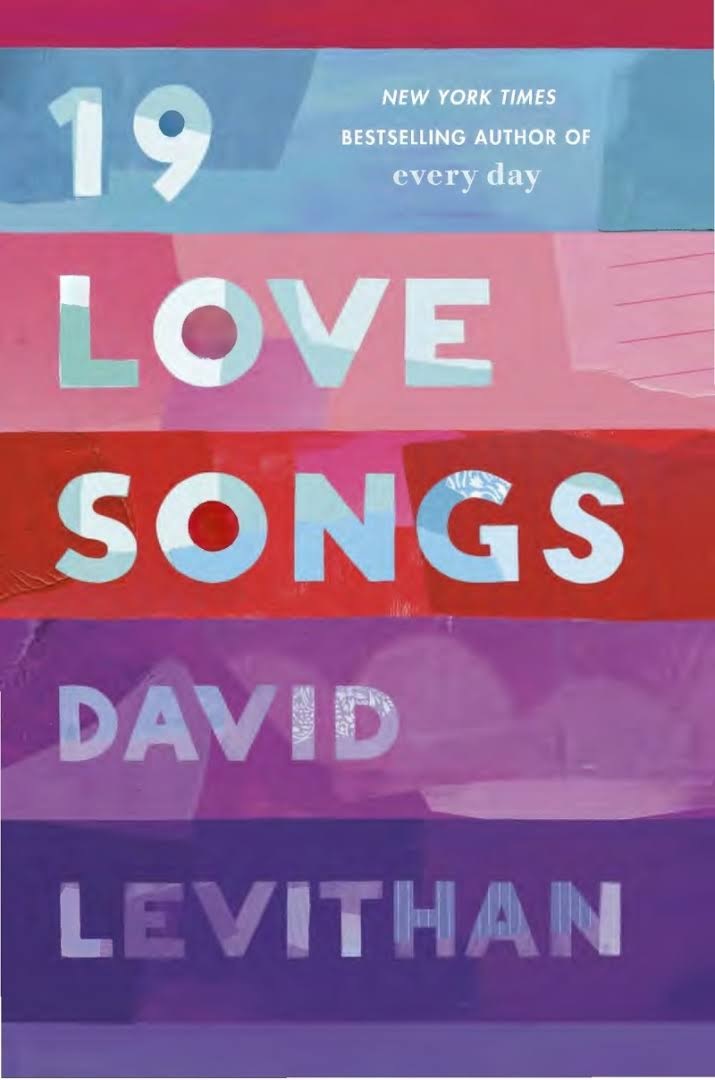 Book you're an evangelist for:
Book you're an evangelist for: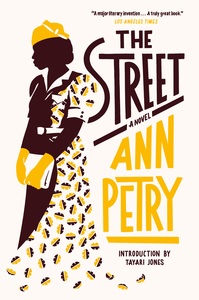 Ann Petry's The Street (1946) was the first novel by an African American woman to sell more than a million copies. Petry (1908-1997) was born in a small, predominately white Connecticut town to a working-class family. Her father eventually opened a pharmacy and her mother became a businesswoman, moving them to middle-class comfort. Despite several incidences of discrimination, Petry said she grew up free from many systemic challenges faced by other black people. She earned a pharmacy degree and worked for several years at her father's business before marrying and moving to New York City, where she wrote for multiple newspapers and studied creative writing at Columbia. Petry also worked at a school after-care in Harlem, which exposed her to neglected children and the plight of black urban poverty. She also wrote Country Place (1947) and The Narrows (1953), along with several children's books and story collections.
Ann Petry's The Street (1946) was the first novel by an African American woman to sell more than a million copies. Petry (1908-1997) was born in a small, predominately white Connecticut town to a working-class family. Her father eventually opened a pharmacy and her mother became a businesswoman, moving them to middle-class comfort. Despite several incidences of discrimination, Petry said she grew up free from many systemic challenges faced by other black people. She earned a pharmacy degree and worked for several years at her father's business before marrying and moving to New York City, where she wrote for multiple newspapers and studied creative writing at Columbia. Petry also worked at a school after-care in Harlem, which exposed her to neglected children and the plight of black urban poverty. She also wrote Country Place (1947) and The Narrows (1953), along with several children's books and story collections.